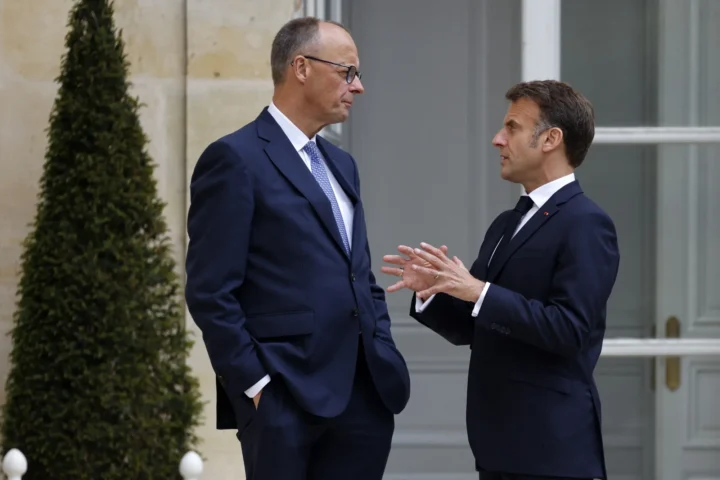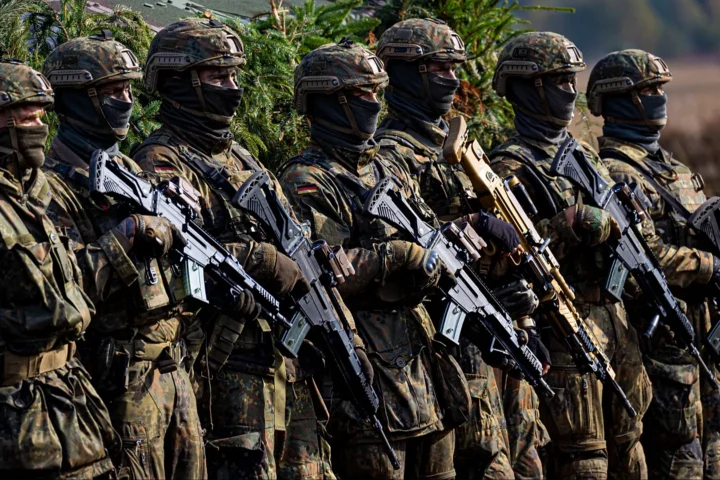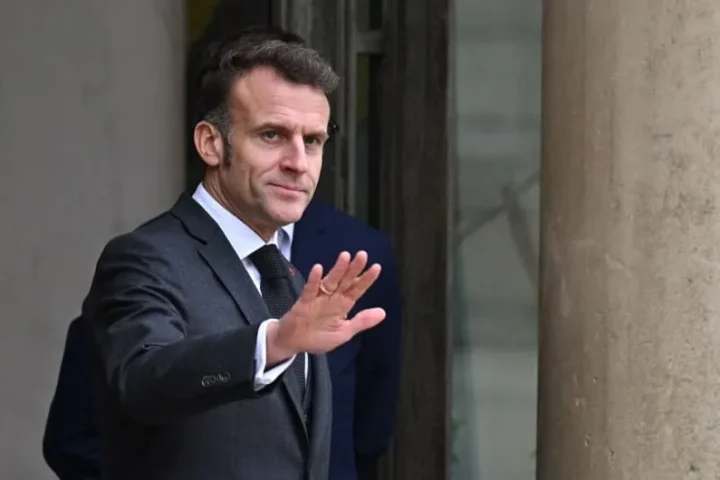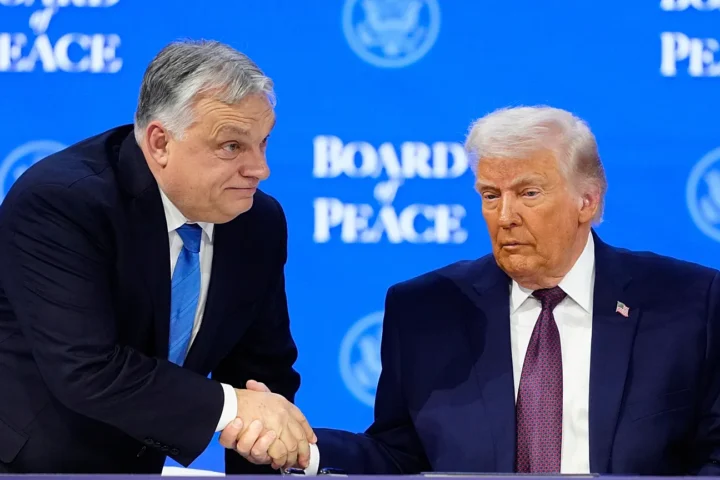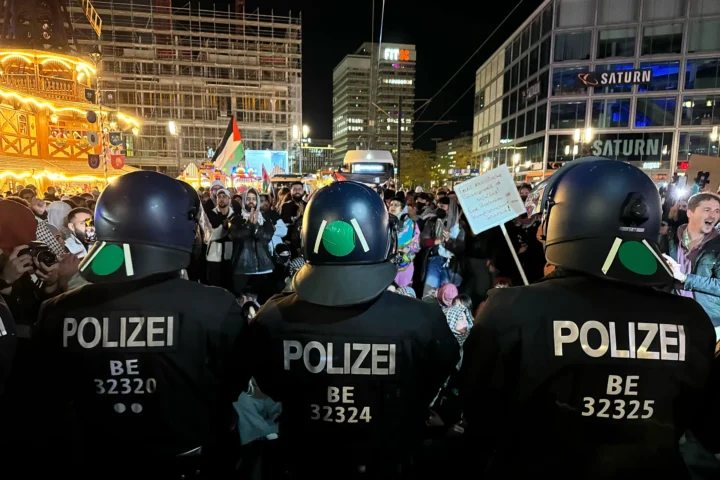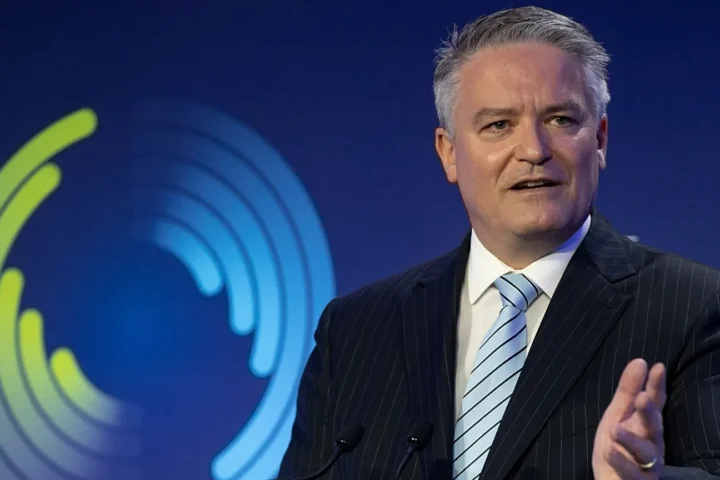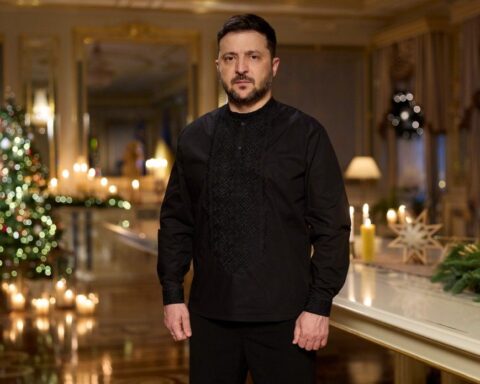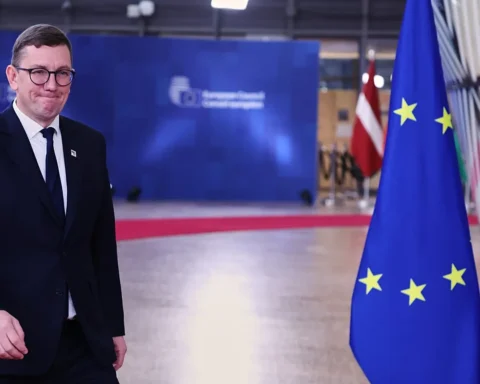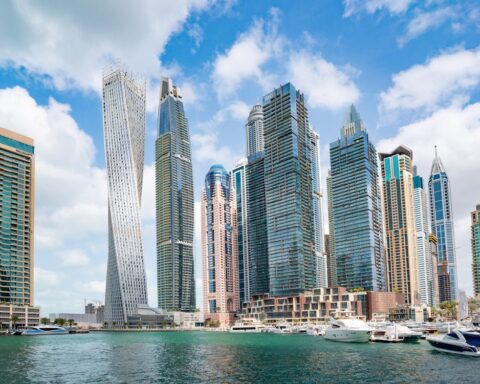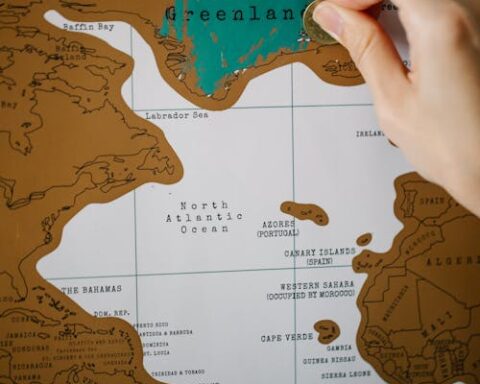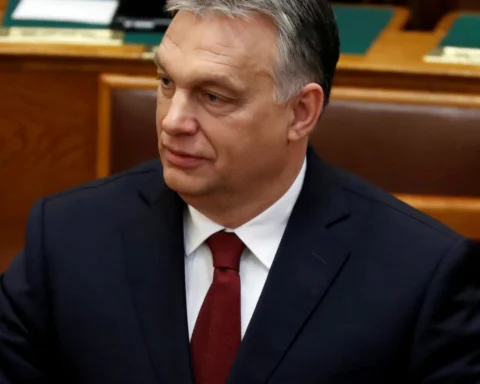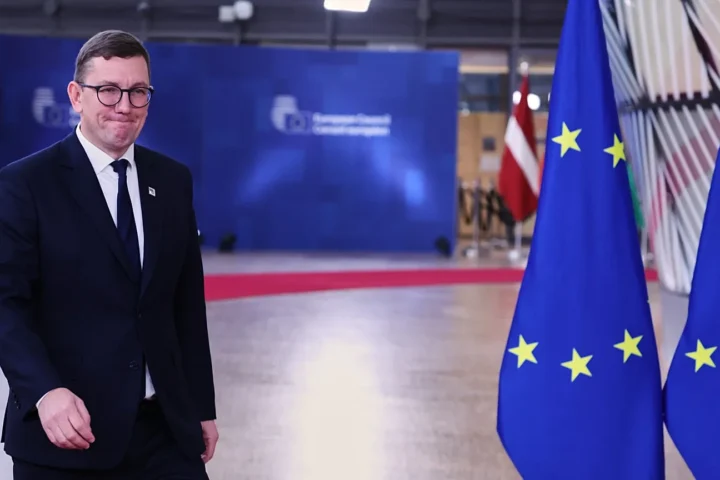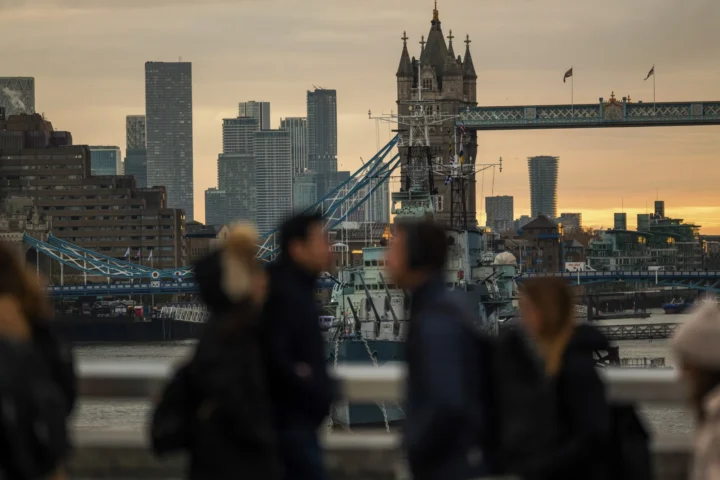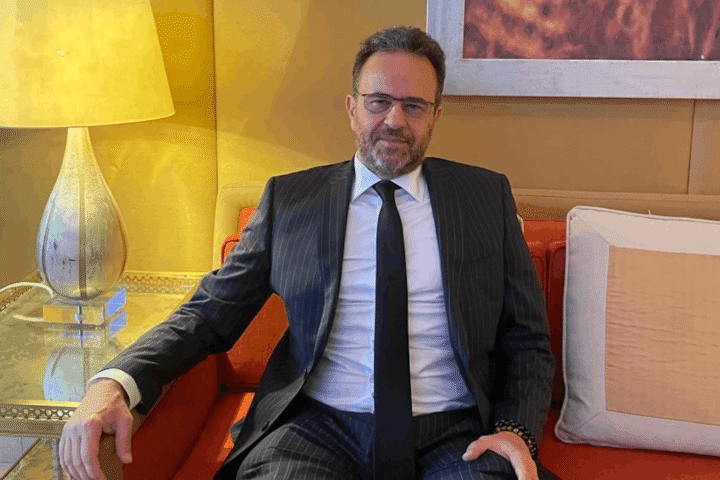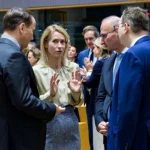Europe, once seen as a model of integration and peace, is now standing at a delicate inflection point. Faced with mounting internal divisions, economic uncertainty, and shifting global dynamics, the continent must act quickly if it hopes to maintain its influence and cohesion in the years ahead.
Inside the European Union, cracks are deepening. Political disagreements between northern and southern economies, cultural differences between eastern and western nations, and a growing divide between liberal and nationalist ideologies are straining unity. As trust in EU institutions declines, and as national interests take priority over collective vision, the ideal of a united Europe becomes harder to sustain.
Externally, the pressure is no less intense. Global power competition is reshaping the world order, with China rising, the U.S. recalibrating its global role, and Russia continuing to assert itself militarily and politically. Europe, caught between these forces, often finds itself reacting rather than leading.
The war in Ukraine has been a rare unifier, prompting greater cooperation on energy independence, military aid, and refugee response. But even that solidarity feels fragile, especially as economic fatigue sets in and domestic concerns take precedence.
The eurozone’s economic structure, while fostering integration, has also exposed vulnerabilities. Countries with high debt and low growth find themselves constrained by financial rules that limit their flexibility, and inflation continues to affect purchasing power and consumer confidence across the bloc.
Socially, Europe is shifting. A younger generation demands change — on climate, equity, and digital transformation — while older generations express anxiety over rapid cultural change and perceived loss of identity. This generational tug-of-war is shaping policies, elections, and the future direction of the union.
Time remains, but it is limited. If Europe fails to adapt — structurally, politically, and economically — it risks losing not just global relevance, but the very essence of the unity it has fought so hard to build.
The question now is not whether Europe can survive, but whether it can evolve in time to meet a world that is changing faster than ever.
